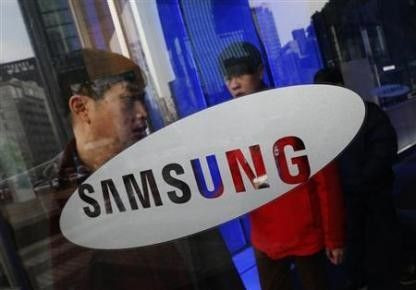Samsung May Get 'Messy' if it Will Break Android Reliance to Become the Next Apple

"Doing anything and everything," is one of the oldest criticisms Samsung used to live by. It keeps on experimenting and tries to innovate to make things better incessantly.
Currently, Samsung is getting success as the major Android OEM, working well with its Android winning formula and the most successful smartphone maker beside Apple.
But staying on top all the time may bring boredom and can trigger Samsung to go back to its cultural attitude of experimenting with everything. Instead of focusing on what it already has and solidify its position, Samsung may take the risk of trial and error by breaking out from its heavy reliance on Android for its own in-house operating systems.
In an interview with Reuters to Yoon Han-kil, senior VP for product strategy of Samsung, the company's first use of Tizen OS may be the first step of breaking out from its heavy reliance to Android, a mobile operating system owned by Google and powers most of Samsung's mobile units.
The South Korean giant phonemaker is also looking to open a revenue stream from third-party app sales on its devices and challenge the Android-iOS duopoly.
Tizen came first on Samsung's list, which was jointly developed by Samsung and chipmaker Intel. With Tizen and other in-house OS, Samsung can stop depending mainly on Google. But Tizen or whatever Samsung OS will be should hurdle the huge challenge of succeeding the titanic leadership of iOS and Android. If that happens, Samsung will surely dominate over its mobile environment like Apple.
But the first period of attempts can become risky and the chance of success is slim. One factor to consider is the support of apps developers. The highly competitive world of smartphones has apps selection as one of its edge factors. Having an OS with no app support will likely become a flop. It was a lesson learned from the BB 10 experience.
With regard to wearables where Tizen has started to work with Samsung's recently rolled Galaxy gears, this department is still in the infancy stage and difficult to rely on for stability, although it has big growth potential.
It is Tizen's trial and error venue and can become its mainstream, unless someone else will surface and take advanced steps. This poses a risk for Samsung. With its current standing, it seems easier for the South Korean firm to protect its Android control than undertake uncertain market strategies.
Samsung has a lot to consider and even with its innovative spirit, as a giant conglomerate, it can supposedly manage to calculate the risks before taking the leap.





















